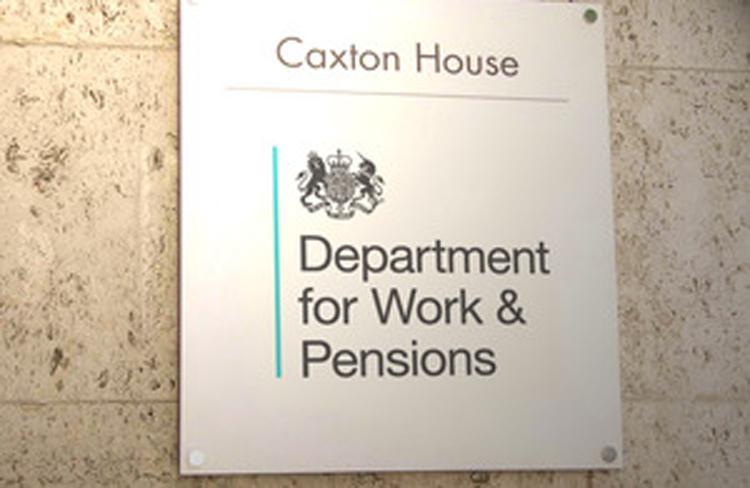Welfare reforms and £330 million employment package start from April 2017

Employment help for people with health conditions will roll out from April, along with wider reforms to ensure a fair welfare system.
The government is launching the Personal Support Package, which includes £330 million of additional employment support over 4 years for people who due to an illness or disability are unable to work at the moment, but may be able to in the future.
This will also include:
- 300 new Disability Employment Advisers in jobcentres across the country
- a one-to-one health and work conversation with a Jobcentre Plus Work Coach to help raise confidence in managing a health condition, when appropriate
- the introduction, from the summer, of a new Employment and Support Allowance (ESA) Claimant Commitment for disabled people or those with a health condition who are out of work, setting out the support the Jobcentre will provide and what is expected of claimants
- personalised support provided to new ESA claimants placed in the work- related activity group, and new claimants of Universal Credit’s equivalent group, to help them move closer to the jobs market and, when they are ready, into work
Other welfare reforms also come into effect in April to further help those who can work get back into work, while ensuring support is in place for those who need it. These include the more generous Universal Credit taper, starting on 10 April, which will mean claimants keep more of their earnings as they build up their work hours.
The other changes were all announced in the summer 2015 Budget and have been legislated.
Other changes
From 1 April
Delivering on the government’s commitment to remove automatic entitlement to housing support for 18 to 21-year-olds for new claims to full service Universal Credit. This means that young people will no longer be able to choose to leave home and claim housing support straight away, and young people on benefits will have to face the same housing decisions as young people in work. Those who are in work, or have been in work for the previous six months, and vulnerable people including young care leavers, those with dependent children and those in temporary accommodation, are exempt.
From 3 April
New claimants to ESA who are placed in the work-related activity group and new claimants to Universal Credit placed in the limited capability for work group will get the same rate as the job-seeking equivalent in both benefits to reduce barriers against starting to prepare for work and focus support on those who need it the most.
In order to ensure parents have the best chance of returning to work after having children, those in receipt of Universal Credit will be expected to prepare for employment when their youngest child turns 2 and to look for work when their youngest child turns 3. Under Universal Credit, parents in work can claim up to 85% of their childcare costs back.
From 6 April
Child Tax Credits and the child element of Universal Credit will be limited to 2 children, so benefit recipients face the same family planning decisions as those who support themselves solely through work.
The higher rate of child element for the first child in Universal Credit and the family element in tax credits will also be removed for claims where the eldest child is born on or after this date.
Also coming into effect on April 6 is the Bereavement Support Payment, which widens help so that more bereaved people get the support they need. It will replace Bereavement Allowance, Widowed Parent’s Allowance and the Bereavement Payment for those who lose a spouse or civil partner on or after this date.











Responses